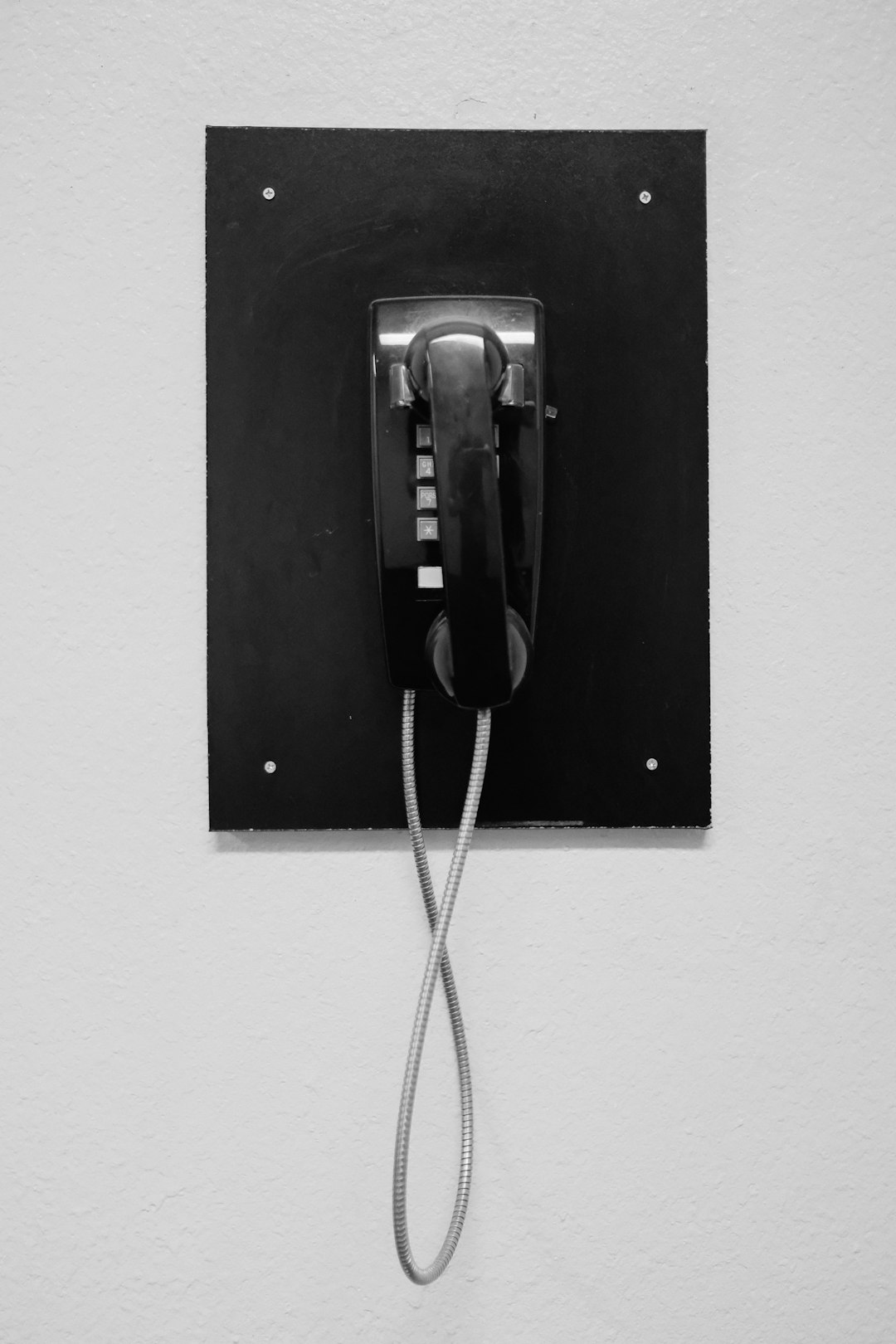VoIP technology has revolutionized voice communication, offering cost savings and enhanced accessibility. In Alabama, particularly Huntsville, businesses must comply with the strict No Call Law to prevent spam calls. Advanced caller ID, filtering systems, and dynamic number blocking, facilitated by VoIP, empower law firms like Alabama's Spam Call law firm to combat unwanted contacts and protect clients' privacy. Adhering to this law is crucial for maintaining a quieter community and avoiding legal repercussions.
“In the digital age, Voice over Internet Protocol (VoIP) has emerged as a powerful tool in combating spam calls. This article explores how VoIP technology plays a pivotal role in ensuring compliance with Alabama’s stringent No Call Law, particularly in Huntsville. We delve into the unique advantages VoIP offers for businesses to prevent unwanted telemarketing calls and protect consumers from privacy breaches. By understanding these advancements, local firms can effectively navigate regulatory requirements and foster trust among their clientele.”
Understanding VoIP Technology and Its Role in Spam Call Prevention

VoIP, or Voice over Internet Protocol, is a technology that enables voice communication through internet connections, rather than traditional phone lines. This innovative approach has revolutionized the way we connect, offering numerous benefits such as reduced costs and increased accessibility. In the context of no-call laws, VoIP plays a pivotal role in preventing spam calls and ensuring compliance.
By utilizing VoIP services, Alabama-based law firms can implement robust anti-spam measures. These systems allow for advanced caller ID technologies, filtering mechanisms, and dynamic number blocking, all of which are crucial in identifying and halting unwanted or fraudulent calls. This is especially beneficial in adhering to state laws regarding spam calls, providing a more effective and efficient way to protect clients from unsolicited contact.
Navigating Alabama's No Call Law: A Comprehensive Guide for Businesses

In Alabama, businesses must adhere to the state’s strict No Call Law, designed to protect residents from unwanted spam calls. This comprehensive guide is essential for companies operating in Huntsville and across the state, as it outlines the do’s and don’ts of telemarketing practices. The law prohibits telemarketers from making calls to numbers on the Do Not Call list without prior consent, ensuring a peaceful and undisturbed environment for consumers.
Businesses should understand that violation of this spam call law can result in substantial fines. To comply, they must implement robust opt-out mechanisms, track consumer consent, and maintain detailed records. By respecting Alabama’s No Call Law, businesses can foster positive relationships with customers, avoid legal repercussions, and contribute to a quieter, more peaceful Huntsville community.
The Impact of VoIP on Ensuring Compliance and Protecting Consumers in Huntsville

In Huntsville, ensuring compliance with the No Call Law is paramount to protect consumers from unwanted and nuisance calls. With the advent of Voice over Internet Protocol (VoIP), the landscape of telecommunications has evolved significantly. This technology offers both opportunities and challenges in maintaining a robust no-call list. On one hand, VoIP allows for more efficient tracking and blocking of spam calls, empowering residents to take control of their phone lines. Alabama’s Spam Call law firm plays a crucial role here by providing resources and support to help Huntsville citizens navigate this digital age.
VoIP’s ability to route calls through digital networks enables advanced call filtering and blocking mechanisms. This is particularly beneficial for consumers who want to avoid marketing or telemarketing calls, ensuring their privacy and peace of mind. By utilizing VoIP-specific no-call lists and tools, residents can now more effectively protect themselves from unsolicited communications. This shift in technology has made it easier than ever for the people of Huntsville to defend against violators of the No Call Law, keeping their communication channels free from unwanted intrusions.






